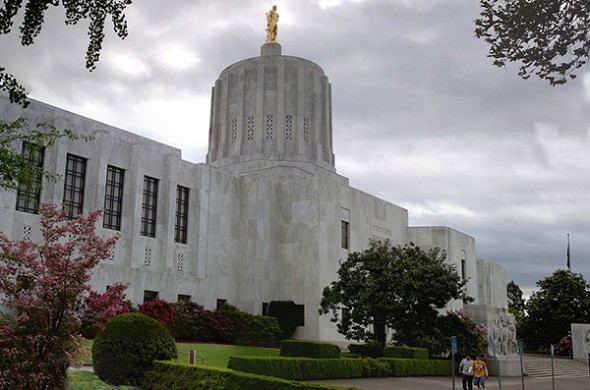CUB Supports “Equity and Affordability” Bill – HB 4067
Posted on January 31, 2020 by Samuel Pastrick
Tags, Energy

Since the end of the 2019 legislative session, CUB has worked with various stakeholders to develop the policy underlying a handful of proposed bills. Starting with today’s blog, which outlines our support for HB 4067 – legislation that will facilitate greater equity and affordability in energy utility regulation – we’ll be sharing analyses of our current legislative priorities throughout the 2020 session that begins on February 3.
CUB has served as a strong and consistent voice for affordability in energy utility regulation for decades. However, substantive and targeted legislative policy initiatives (like HB 4067) to address historic inequality have come about more recently. Frontline environmental justice community advocates have rightly taken a leadership role in this legislative advocacy. As perhaps a more traditional energy policy stakeholder, CUB is eager to learn more from and support these community leaders.
HB 2242, a bill from the 2019 session, laid much of the policy groundwork for HB 4067. Both bills reflect recommendations from an Oregon Public Utility Commission (PUC) investigation held in 2018 at the behest of SB 978. Enacted in 2017, SB 978 instructed the PUC to facilitate a public process to examine how industry trends, technologies, and policy drivers affect the Commission’s regulation of investor-owned energy utilities and, in turn, the utility business model.
The SB 978 process culminated in a set of recommendations: some changes that the PUC could make using their existing statutory authority, and others that could potentially require additional direction from the Oregon legislature. HB 4067 reflects the vetting process provided via the SB 978 proceeding and has two key goals:
The first goal is to facilitate increased participation among advocacy groups representing environmental justice interests in PUC proceedings by buoying their organizational capacity. The bill identifies environmental justice communities as people who have been historically underrepresented in public processes, including communities of color; rural, coastal, and frontier Oregonians; and older folks and people with disabilities.
The second goal is to enable the PUC to allow regulated energy utilities to offer new rate designs, such as a low-income discount, to facilitate reduced energy burden for low-income customers. Separate from this long overdue legislative authorization, the bill also compels the PUC to investigate “ways to address and mitigate, through nonbypassable means, differential energy burdens on classes of public utility customers and other inequities of affordability and environmental justice.” (In this context, “nonbypassable” means that were the PUC to establish a customer billing process to mitigate energy burden to certain utility customers, all customer classes, including large and industrial customers, must contribute to that goal.)
CUB participated throughout the PUC-led SB 978 public process in 2018 and agreed with the investigation’s ultimate findings. CUB later advocated for passage of HB 2242 in 2019. During the 2020 legislative session, CUB again supports and will continue to advocate for HB 4067. Stay tuned to our blog and, if you have not already, join our email list for more updates on the 2020 session and CUB’s legislative priorities.
To keep up with CUB, like us on Facebook and follow us on Twitter!




09/05/22 | 0 Comments | CUB Supports “Equity and Affordability” Bill – HB 4067